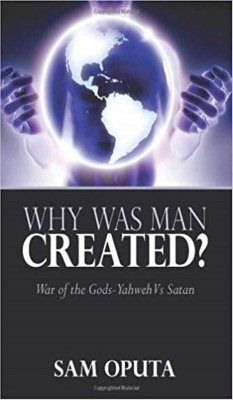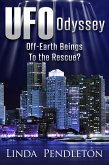And God said, "Let Us make living creatures out of mud, so the mud can see what We have done." And God created every living creature that now moveth, and one was man. Mud as man alone could speak. God leaned close to mud as man sat up, looked around, and spoke. Man blinked. "What is the purpose of all this?" he asked politely.
"Everything must have a purpose?" asked God.
"Certainly," said man.
"Then I leave it to you to think of one for all this," said God.
And He went away." Kurt Vonnegut, Cat's Cradle
Most people must have at one point or another asked themselves the question, why am I here?
One thing is certainwe were not here from the beginning. Some have asked questions like "What is life all about?"
Many others have wondered "What is the nature of life?" and "What is the nature of reality?". These questions can be a passing thought that launches into a full-on existential exploration.
What are we anyway? We are born. We grow into adults and before you can bat an eyelid, you are in the old people's home waiting to die. How fulfilling is that?
Do you now wonder why some people ask the question "What are we here for anyway?"
Some great people have asked these questions. "What is my purpose?" It is a difficult and profound question, and a common conclusion is that we were created for God's glory. That may be a religious truth but is it logical? There must be a far more specific reason for our creation.
In Sam Oputa's Why Was Man Created? he explores this question from many anglesspirituality, religion, psychology, philosophy, and other sciencesbut mostly he draws from the Holy Books, which contain a wealth of scientific evidence. The result of years of research and soul-searching Why Was Man Created? is a fascinating and sometimes controversial study of the age-old question of creation and evolution.
The answers to these questions are not easy to resolve but the answers are out there.
Dieser Download kann aus rechtlichen Gründen nur mit Rechnungsadresse in A, B, CY, CZ, D, DK, EW, E, FIN, F, GR, H, IRL, I, LT, L, LR, M, NL, PL, P, R, S, SLO, SK ausgeliefert werden.









